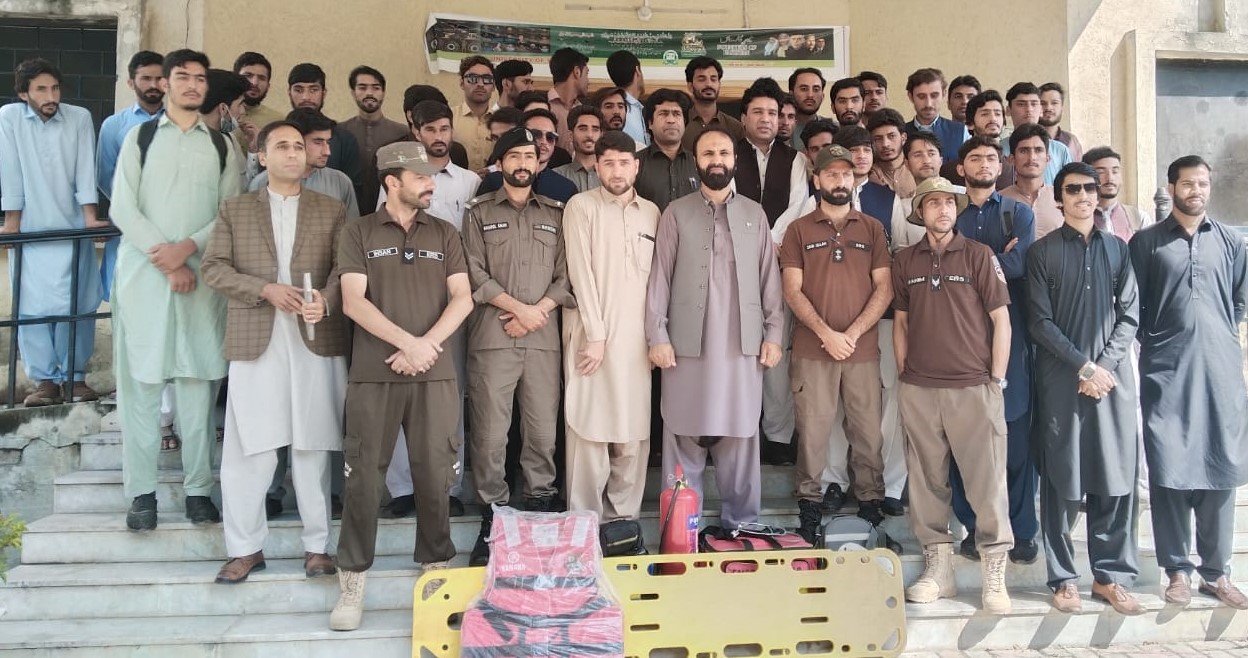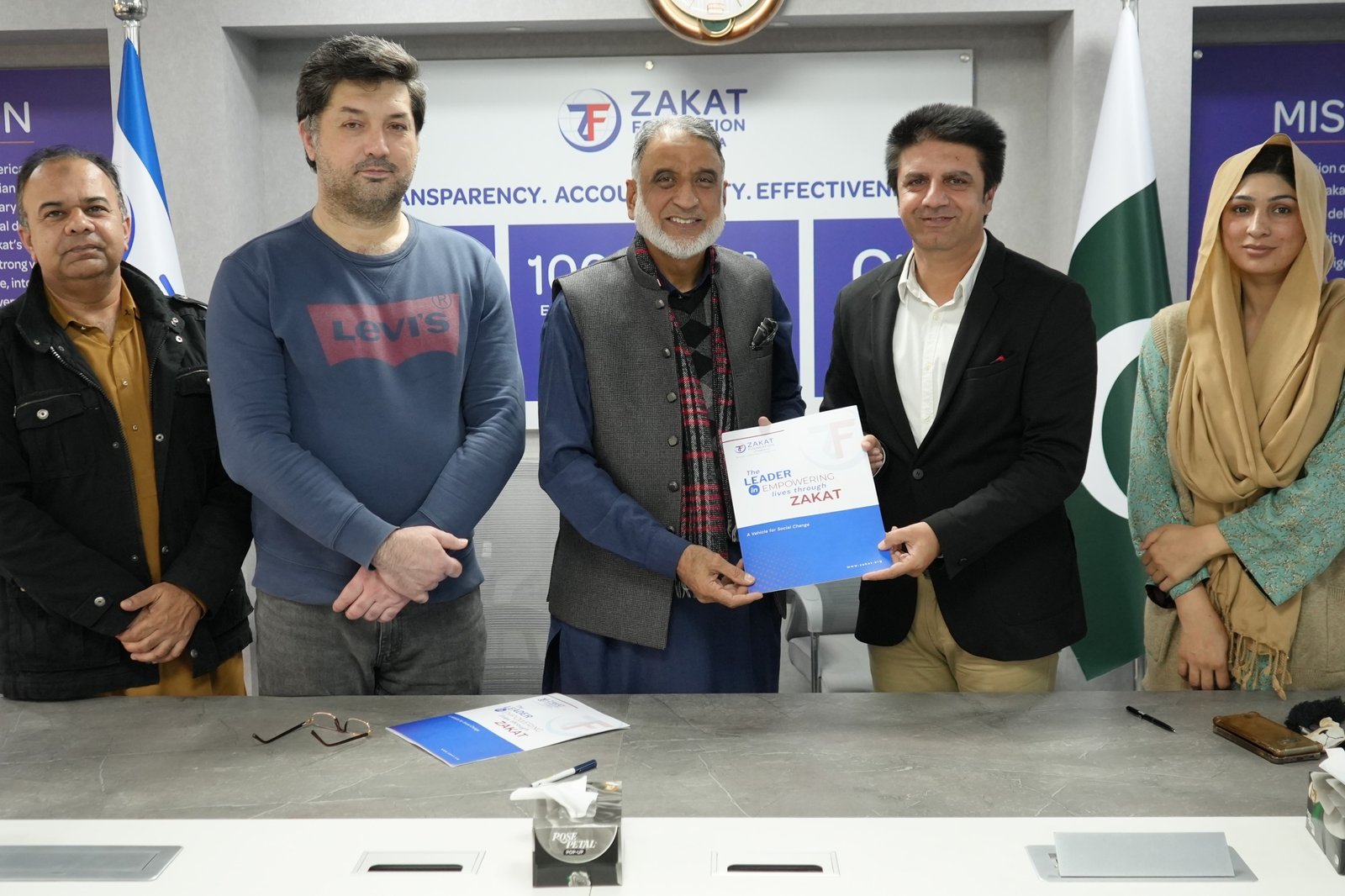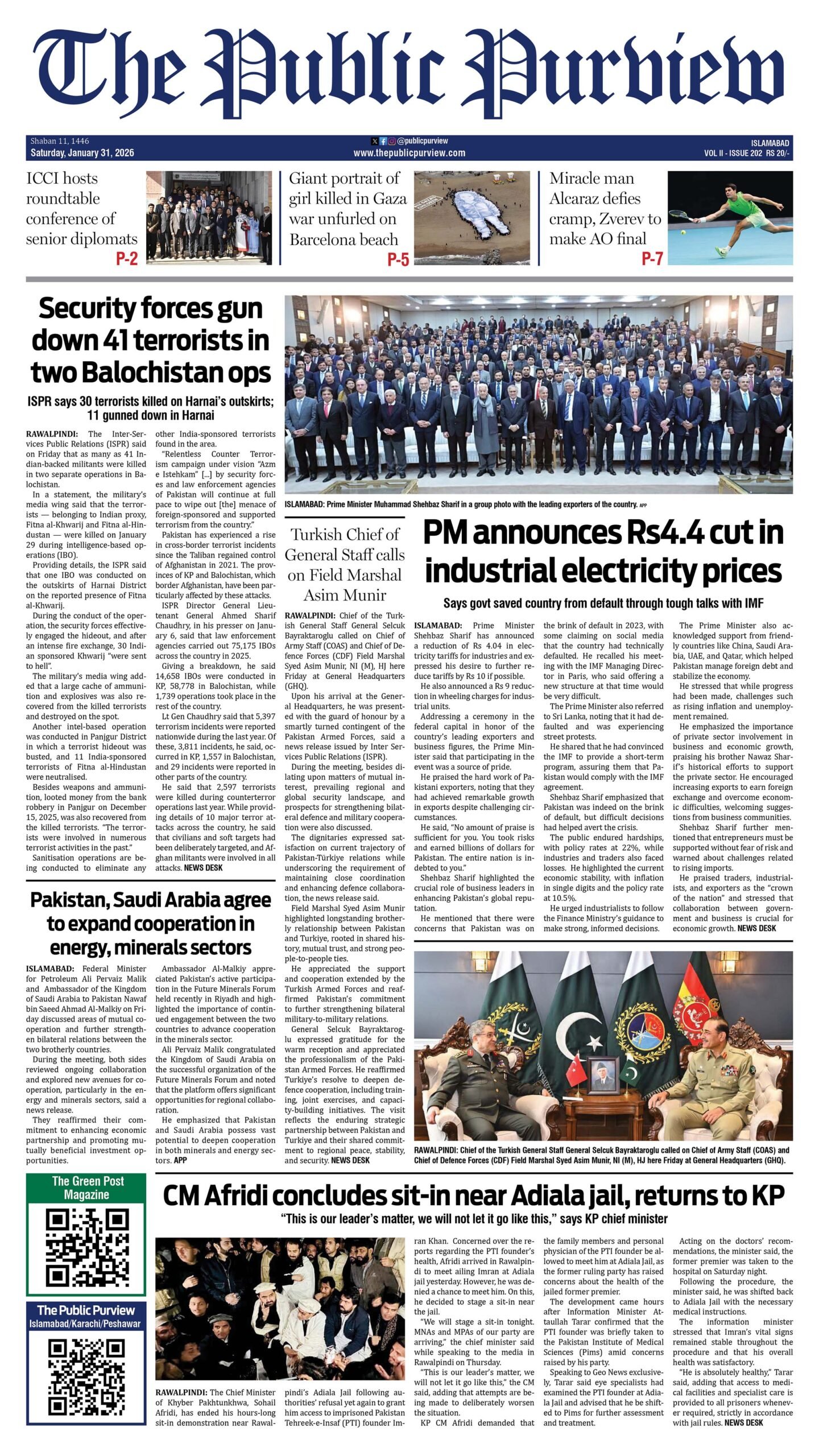SHANGLA (Aftab Hussain) – The University of Shangla, under the leadership of Vice Chancellor Professor Dr. Sardar Khan, organized a disaster management training session in collaboration with Rescue 1122 Shangla. The initiative aimed to raise awareness about disaster challenges and their impact on human life. It also highlighted the importance of preparedness, research, and collective community action.
The session brought together notable participants, including Engineer Malik Sher Dil Khan, District Emergency Officer Rescue 1122 Shangla; Professor Dr. Tahir Ali; Zia ul Haq from Rescue 1122 Shangla; and Rasul Khan Sharif, Media and Training Incharge, Rescue 1122 Shangla. Their presence, moreover, added value to the program by offering practical expertise and field-based knowledge.
During the training, Engineer Malik Sher Dil Khan explained various disaster prevention and management strategies. He stressed that communities must prepare well in advance to minimize risks and save lives. Furthermore, he emphasized that only proper planning and awareness can reduce the devastating effects of unexpected emergencies. Rasul Khan Sharif also highlighted the significant role of Rescue 1122 in local disaster response. In addition, he conducted specialized training sessions on medical emergencies, fire safety, and effective disaster response techniques.
Vice Chancellor Dr. Sardar Khan praised Rescue 1122 Shangla, faculty, students, the Department of Zoology, and the administrative staff for their collective efforts. He noted that the success of the event reflected teamwork and institutional commitment. Moreover, he emphasized that universities must continue to play an active role in awareness, training, and preparedness so that society is better equipped to face crises.
This disaster management training session marked a milestone in strengthening local disaster preparedness. Consequently, the collaboration between the University of Shangla and Rescue 1122 will help build a safer and more resilient community. By equipping students with practical response skills, the university ensures future leaders are ready to face emergencies effectively.
The initiative not only enhances local capacity but also demonstrates the growing role of academic institutions in addressing real-world challenges. Therefore, with continued efforts and community participation, such collaborations will pave the way for sustainable disaster resilience in the region.






 Today's E-Paper
Today's E-Paper